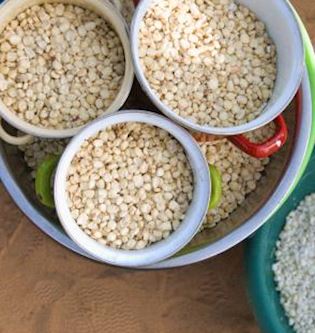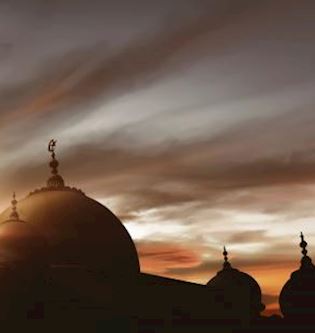Qurbani vs. Udhiyah: What's the Difference and Why It Matters
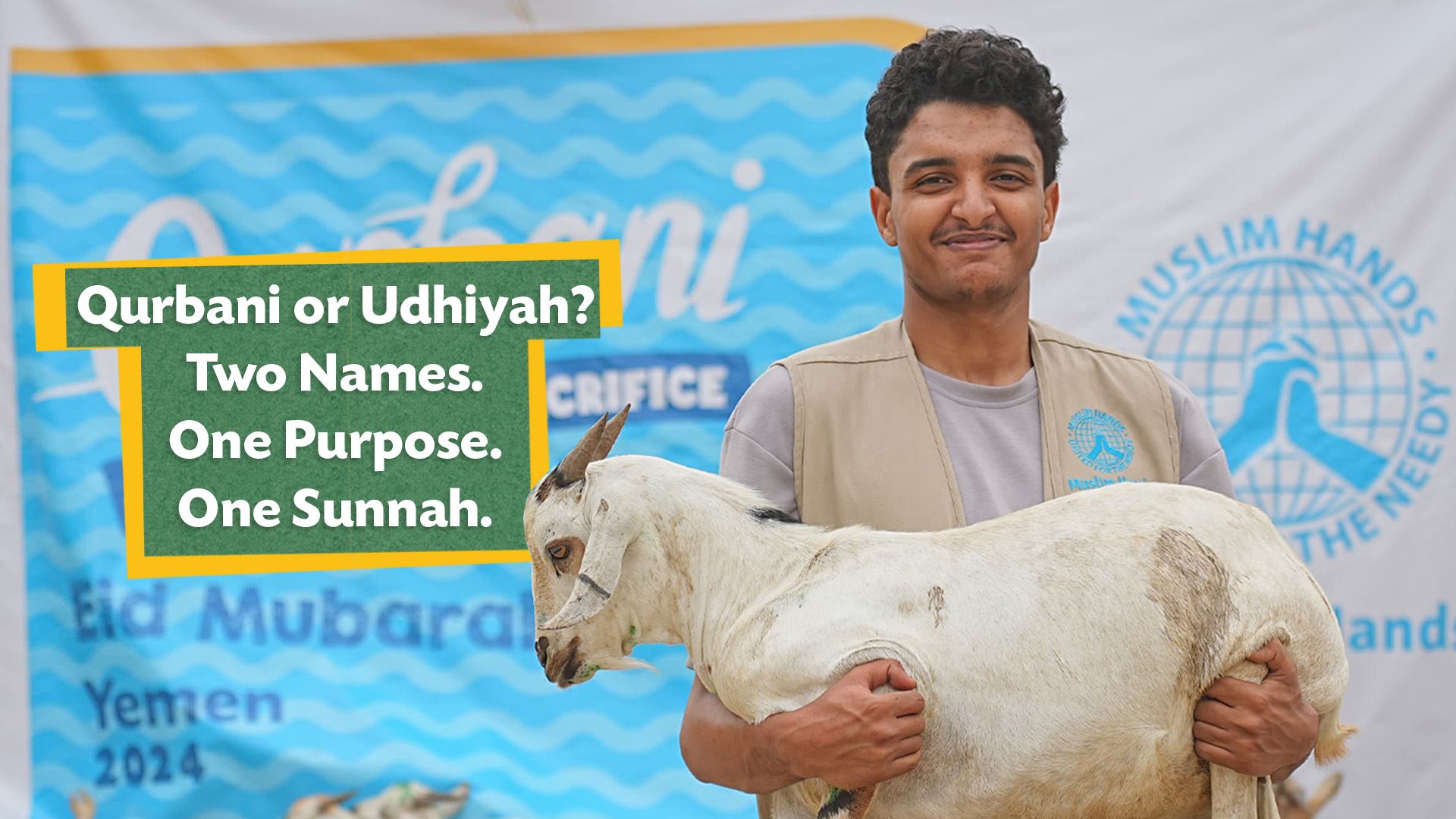
During the month of Dhul Hijjah, Muslims across the world come together to remember the devotion of Prophet Ibrahim (AS). One way we do this is by giving a sacrifice, often called Qurbani or Udhiyah. These words are often used together, but are they the same? Let’s break it down simply.
We’ll explain what each term means, what Islam says about the sacrifice, and how you can give yours the right way. If you're wondering when to give, check out our blog on When Is Qurbani 2025?
What’s the Difference Between Qurbani and Udhiyah?
Qurbani and Udhiyah both mean the same thing: offering a sacrifice during Eid al-Adha. The difference is in the language.
- Udhiyah is the Arabic word used in the Qur’an and Hadith. It means a sacrifice made during the days of Eid.
- Qurbani is a term used in Urdu, Persian, and other languages. It’s commonly used in South Asia.
Both follow the same rules. The animal is sacrificed after Eid prayer between the 10th and 13th of Dhul Hijjah. If you give your sacrifice through Muslim Hands USA, it meets Islamic guidelines and helps families in need.
Are Qurbani and Udhiyah Treated the Same in Islam?
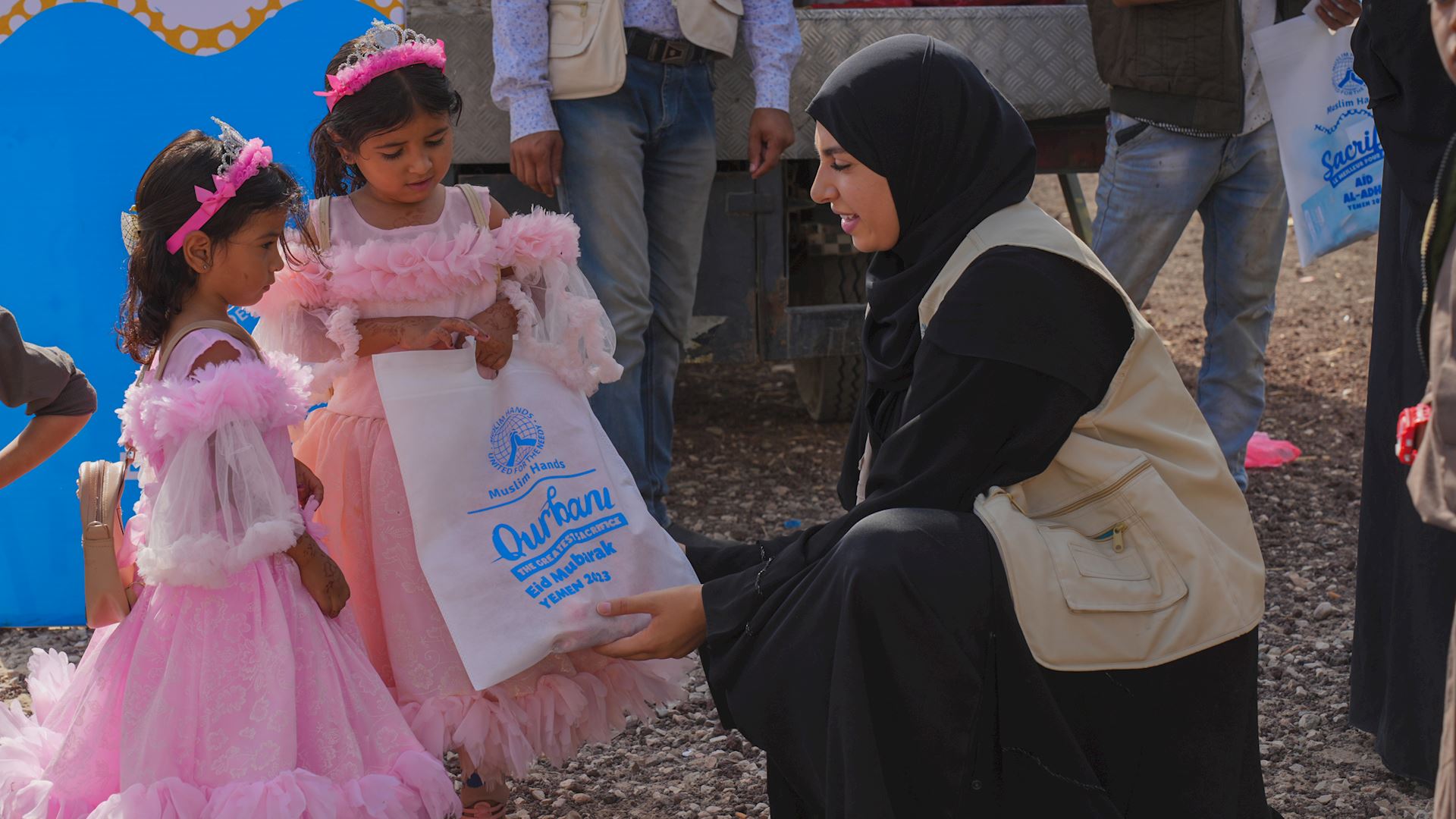
Yes, both refer to the same act of worship. In Islamic law, Udhiyah is the term scholars use when talking about the rulings of sacrifice. Qurbani is simply the cultural word used in many communities.
Here are the key rules:
- The sacrifice must happen after Eid Salah, not before
- Animals must be of a certain age and healthy
- The person giving must have the right intention
So whether you say Qurbani or Udhiyah, what matters most is doing it properly and with sincerity.
When Should Qurbani Be Given and Who Should Give It?
Qurbani is given once a year, during Eid al-Adha. You can offer it any time from after Eid prayer on the 10th of Dhul Hijjah until sunset on the 13th. To learn more, visit our blog on What Is Dhul Hijjah?
Anyone who meets the nisab threshold (like for Zakat) should give Qurbani. This includes both men and women. Some schools of thought say it's required, while others say it’s a strong Sunnah.
You don’t need to do the slaughter yourself. If you donate through a trusted charity, like Muslim Hands USA, your duty is fulfilled. For more info, read our Eid al-Adha 2025 Guide.
What’s the Meaning Behind Udhiyah?
Udhiyah is more than just a ritual. It goes back to the story of Prophet Ibrahim (AS), who was willing to sacrifice his son to obey Allah’s command. In the end, Allah sent a ram instead. That moment became a lasting lesson in trust, obedience, and mercy.
Udhiyah teaches us:
- To submit to Allah with full trust
- To be grateful for His blessings
- To support others in need
By giving Qurbani, we carry on this legacy and help those who need it most.
Can You Give Qurbani Online?
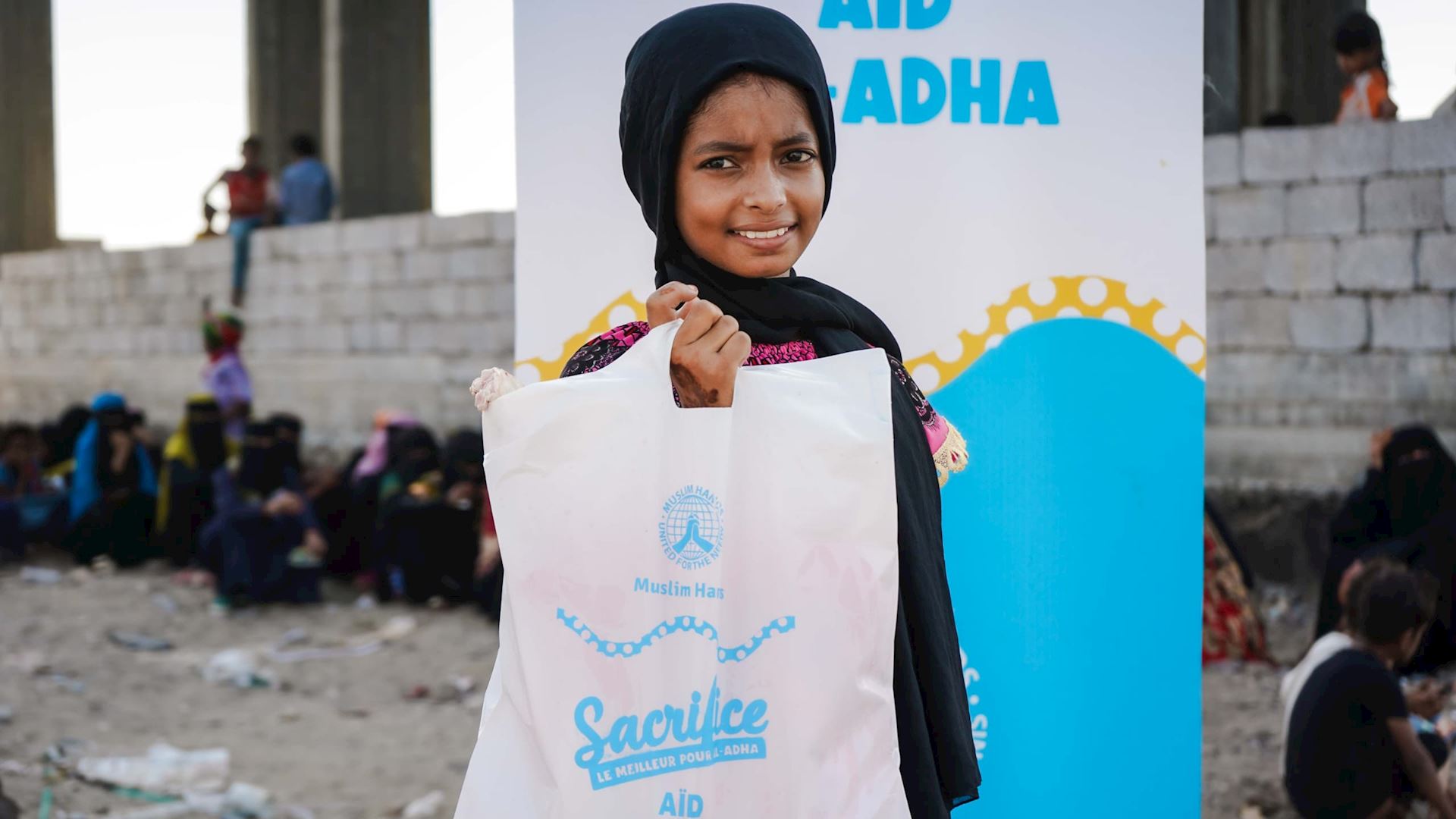
Yes, you can. Giving Qurbani online is valid as long as the organization does everything by the rules, timing, type of animal, and method.
When you give through Muslim Hands USA, your sacrifice is carried out correctly and delivered to families in need. You’ll also receive updates so you can see your impact.
This is a great option for anyone who can’t perform the sacrifice themselves.
How Much Does Qurbani Cost and Where Is It Given?
Many people wonder how much Qurbani costs and where their donation will go. The answer depends on the country and the type of animal chosen.
At Muslim Hands USA, Qurbani prices start as low as $45 and vary depending on:
- The country where the sacrifice is performed
- Whether you're donating a goat, sheep, cow, or bull
- The need and availability in the region
Qurbani donations are currently carried out in countries like Yemen, Pakistan, Mali, Niger, The Gambia, and Senegal, where the need is urgent.
Your donation feeds families, uplifts communities, and honors the legacy of Ibrahim (AS).
Why Giving Qurbani Matters
For many families, Eid is the only time they receive meat. Your Qurbani gives them not just food but joy, dignity, and relief.
When you give through Muslim Hands USA:
- Orphans, widows, and refugees receive fresh meat
- All sacrifices follow Islamic rules
- You fulfill a powerful Sunnah
It’s an act of worship that turns your intention into mercy. Every Qurbani tells a story of compassion. Let yours reach someone who needs it this Eid.







